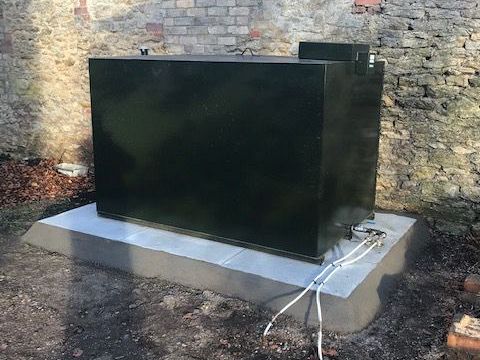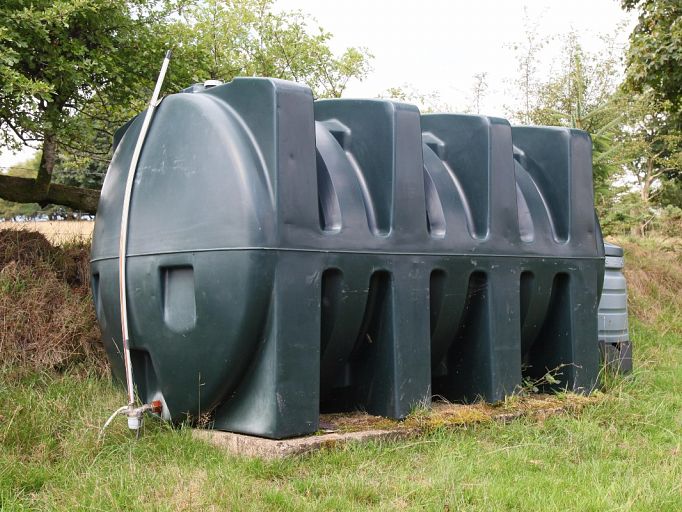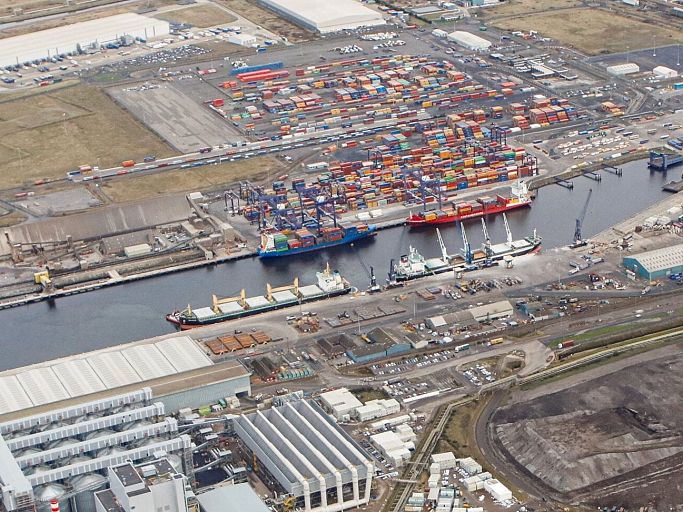- Oil
- Diesel
- Petrol
- AdBlue
- Water
- Sewage
-
Brands
- New Releases
- In Stock
- Sale
- Best Sellers
- Fuel Tank Hire
- More
-
Services
Home / Blog / diesel and fuel / How to prevent algae in a diesel tank
How to prevent algae in a diesel tank
10th May 2024 in diesel and fuel
Author: Vin Gatiss
The growth of algae in diesel tanks can be a serious and significant issue which leads to system damage and reduced fuel efficiency. Ultimately this will also mean costly repairs or even replacement. In this edition of our blog, we’ll run through the steps you can take to deal with the problem.
What is diesel algae
While it is often referred to as ‘diesel algae’, the growth is not actually algae. It’s a mixture of microbes (such as bacteria, mould, and fungus) that thrives in the oxygen-rich environment of a diesel fuel tank.
How to deal with diesel algae
Fortunately, there are several things that diesel tank users can do to prevent growth and maintain the health of their fuel systems.
- Inspection and cleaning
Performing regular inspection of your diesel tank (or tanks) is important as this will allow you to detect any signs of microbial growth at an early stage. Visual inspection of the interior of the tank may reveal the presence of sludge, sediment, or discoloured fuel, which indicates microbial contamination. Diesel tanks should be cleaned to remove any accumulated debris and colonies of microbes. Professional tank cleaning services should be used to ensure a thorough cleaning and disinfection process. Tanks R Us provides tank cleaning services for both domestic and commercial tanks.
- Proper tank ventilation
Ensuring proper ventilation of diesel tanks is also very important for the prevention of moisture and condensation build-up, which creates ideal conditions for the growth of diesel algae. Ventilation systems should be inspected regularly to make sure they’re functioning efficiently. Tanks should be kept sealed to prevent moisture ingress from any external sources.
- Biocides
By adding biocides to diesel tanks at recommended concentrations should effectively control contamination by diesel algae. These are chemical additives which have been specifically designed to kill and prevent the growth of microbes and can sometimes be the best diesel fuel algae treatments. However, it's always essential to follow the manufacturer’s guidelines for biocide usage to avoid ‘overdosing’, which may lead to system damage and / or environmental pollution.
- Water removal
Just like how life on Earth began billions of years ago, water is the main catalyst for microbial growth in diesel tanks. Taking steps to remove water from diesel systems is absolutely crucial to preventing the growth of algae. It’s possible to install water separators and fuel filters equipped with water sensors, which will remove water from the diesel. Regular draining of water separators is necessary to prevent water build-up.
- Fuel quality
Using high quality diesel with low water content and minimal impurities is an important step in preventing contamination. Diesel fuel suppliers should stick to industry standards for fuel quality. Regular sample testing for water content and contamination can help ensure fuel quality.
- Tank hygiene
Keeping good hygiene when handling diesel can help prevent contamination. Use clean equipment and containers for storage and transfer, avoid spills and leaks and keep openings sealed when not in use. Also, anyone responsible for handling the diesel should follow proper hygiene protocols to prevent contamination.
- Temperature
Controlling the temperature is another way that tank owners can inhibit diesel algae. Microbes thrive in environments that are warmer, so keeping diesel tanks at lower temperatures will help to prevent algae growth. Insulating your tank and siting it in a shaded or cool area will help to maintain a consistent lower temperature, especially during the summer months when the weather is hotter.
- Maintenance
Keeping on top of the maintenance of your diesel fuel system is essential for preventing contamination and for ensuring performance is consistent. This means regular inspection and replacement of fuel filters, checks for leaks or corrosion in lines and regular monitoring of diesel levels in the tanks. Any signs of contamination should be addressed quickly so that further damage can be stopped.
Preventing the growth of diesel algae in tanks needs a proactive approach involving maintenance and management. By taking preventative steps like all of those described in this edition of our blog, diesel tank owners can mitigate the risk of contamination and make sure that their fuel systems remain useful and effective. At Tanks R Us we can provide you with all of the tank equipment you need, including accessories, plus maintenance and cleaning services - and further advice if you require it.
One of the largest selections of tanks in the UK
Chat online or call us today on 01469 531229
Related Products
More Articles

How to Protect Your Diesel Tank from Water Contamination
8th November 2022 in diesel and fuel

Steel Tanks Vs Plastic Tanks
20th February 2023 in oil

Caring for your domestic oil tank: A maintenance guide
6th September 2023 in oil

Tank Hire: An Introduction and Case Study
3rd October 2023 in oil
Help
About Us
My Account
Newsletter Sign Up
Inspiration direct to your inbox, please enter your email below...
Help About Us My Account
© Tanks R Us. All rights reserved. Registered in England. Registration number. 05804332. VAT number 364402764
Designed and produced by Kal Group